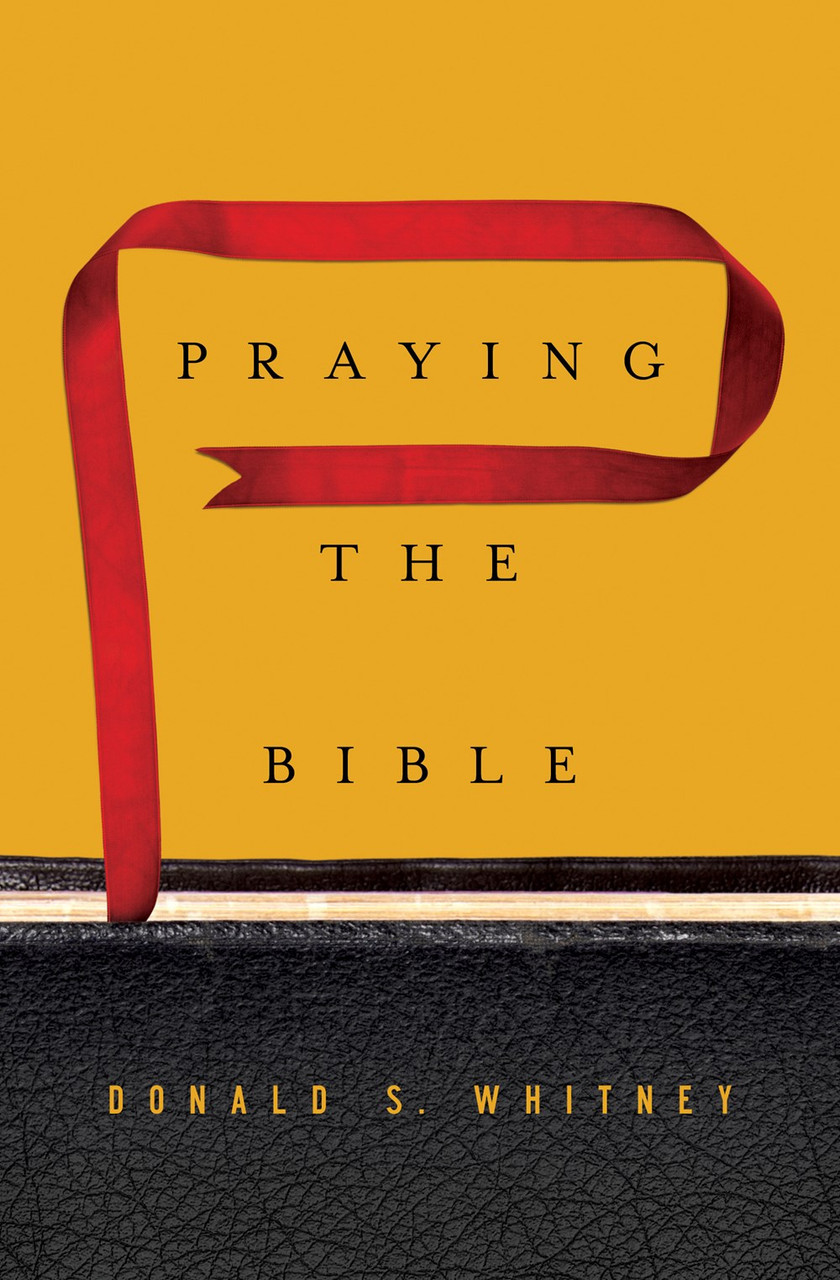
The sportswriter Red Smith was once asked if writing a daily column was difficult.
“Why, no,” Smith replied. “You simply sit down at the typewriter, open your veins, and bleed.”[1]
Admittedly, Smith’s observation is a little overwrought. But only a little.
There is a way to write that costs the writer very little. And then there are Writers. There is a contemplation of the art and an undertaking of the craft that engages all we are and all we have, as if the ink on our page is drawn from our very blood.
Maybe you’re not sure which one you are. Are you a writer or a Writer? It’s okay. You don’t have to know just yet. Both Writers and “people who write” can create work that impacts readers in profound ways.
Writers write. That is the bottom line. There is no getting around it. It is a nonnegotiable truth. You don’t need to be particularly good at writing to be a writer. You don’t have to be published to be a writer. You don’t even have to be read to be a writer. But you must write. By definition, writers write.
Wanting to write is not being a writer. Thinking about writing is an important part of being a writer, but it isn’t by itself being a writer. Fancying yourself a writer is not being one.
Writers often hear wannabe writers say, “I want to write someday,” but actual writers don’t say such things. They’ve been writing.
Writers don’t ask for permission. They don’t wait for the perfect moment. They feel the inexorable draw to create coming from the inside; it’s something they just do, something they are. Nobody has to assign them the task. They usually don’t need anyone to give them an idea.
Someone once said, “I don’t know what I think about a thing until I write about it.” That is the sort of thing only a writer would say. Writers cannot conceive of their place in this world apart from processing it through the written word. Putting the stuff on paper or a screen makes it more real. Modern society possesses a pronounced shortage of people who will admit to not knowing things, but among those whose pride will not forbid them this confession are the ones who make up their minds about a thing after reading about it. Writers do that too. But only writers understand the concept of writing to understand.
Writers understand writing as a way of being.
If you just consider yourself “someone who writes,” all this talk of costliness and bleeding onto the page might be making you a little queasy. I do apologize. And I promise there’s not a whole lot of gore in the rest of the book.
For all you Writers, though—this introduction is especially for you. It’s for those of you who make reading introductions a habit because you suspect every bit of a book matters. After all, it all matters when you write.
I bring to this project a spirit kindred with yours. I love the whole writing process out of all proportion. I love the finished project, of course. Everybody loves that. But I also love the first bit of noodling around on a page, typing and typing and backspacing and backspacing. I love the part when I’ve been writing for a while and suddenly something unlocks and, lo!, a rushing wind, a tongue of fire, unction!, and the words are now carrying me rather than the other way around. I love moving chunks around, scratching out lines, cutting, pasting, turning a series of disjointed what’s-its into a smooth pastiche without the seams. Finding le mot juste? I adore.
What I’m trying to say is that if you love to write, feel called to write, or cannot not write, this book is for you. If you wonder sometimes if any of it is worth it, if you wonder if there’s such a thing as a “call to write,” if you get frustrated that the work won’t flow like you want it to—this book is for you too.
I see writing as more than an opportunity to communicate creatively. Creative writing is in fact a reflection of the creative meaning of the universe, a direct derivation from the Creator himself. He has made everything with words and has given even of himself as the Word. This isn’t some piddling around kind of stuff.
I don’t care if you write novels or a recipe blog, theological essays or personal letters, book-length devotionals or thirty-minute sermons. Your writing is divinely gifted, eternally scaled, and gloriously weighted. I’m going to spend this book convincing you of that fact.
Together we’ll remind each other that God is telling an important story about himself in the world. To do that, he tells important stories with our own lives. And getting to the glory of the former means getting in touch with the glory of the latter. I’ll tell you a little bit about how my own journey has helped me see my ordinary life as a storied life, a succession of days (the number unknown to me) full of wonder and insight, despite the pain and ignorance, because of the way they are driven and shaped by the glorious gospel.
Oh, sure, to get to the glory, you have to go through the chaos. We’ll talk about that too. If you’re a writer, you already know you can’t write much of anything worth much of anything without getting a little banged up, maybe a little bloody.
But we know what our Lord does with blood.
[1] The line is often attributed to the likes of Ernest Hemingway or Thomas Wolfe—I’ve even seen it attributed to Ray Bradbury—and while its origin is in some dispute, it most likely derives from an anecdote related to Smith, whom, it so happens, Hemingway regularly read. See Garson O’Toole, “Writing Is Easy; You Just Open a Vein and Bleed,” Quote Investigator, September 14, 2011, https://quoteinvestigator.com/2011/09/14/writing-bleed/.
__________
Editor’s Note: Taken from The Storied Life: Christian Writing as Art and Worship by Jared C. Wilson. Copyright © 2024 by Jared C. Wilson. Used by permission of Zondervan. www.harpercollinschristian.com
The Storied Life is now available wherever Christian books are sold.
How does God's Word impact our prayers?

God invites His children to talk with Him, yet our prayers often become repetitive and stale. How do we have a real conversation with God? How do we come to know Him so that we may pray for His will as our own?
In the Bible, God speaks to us as His children and gives us words for prayer—to praise Him, confess our sins, and request His help in our lives.
We’re giving away a free eBook copy of Praying the Bible, where Donald S. Whitney offers practical insight to help Christians talk to God with the words of Scripture.

